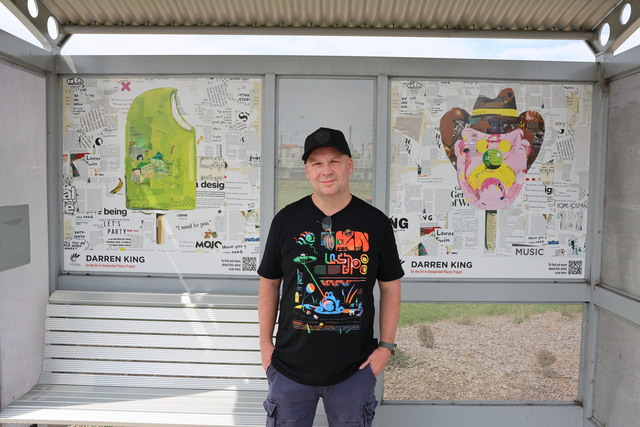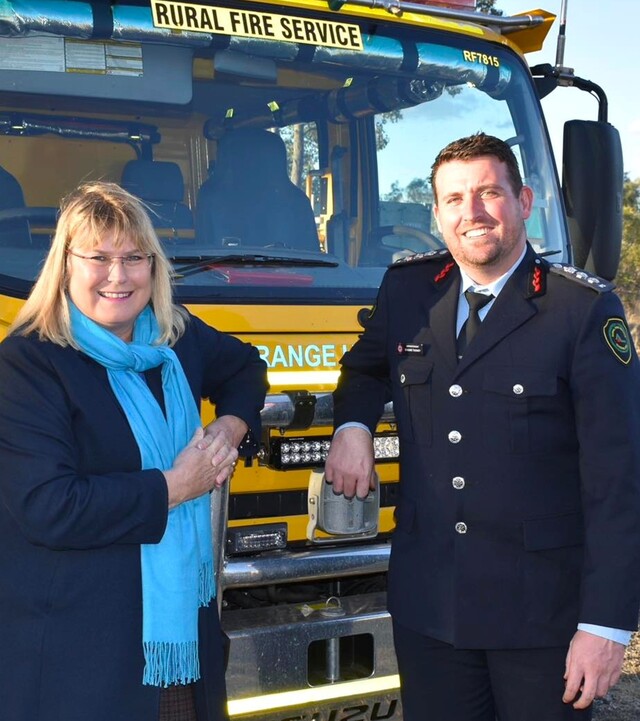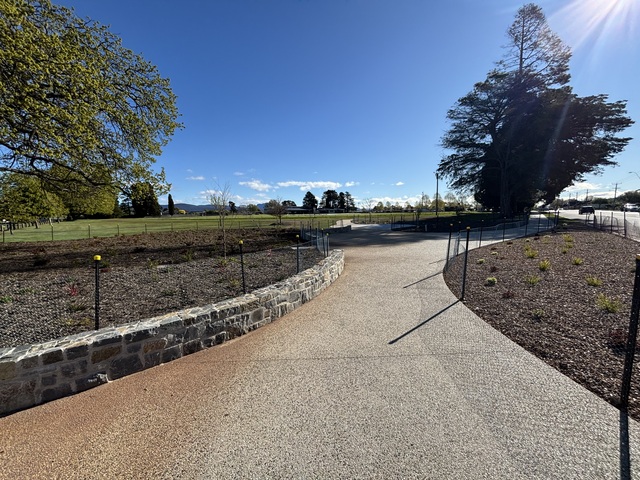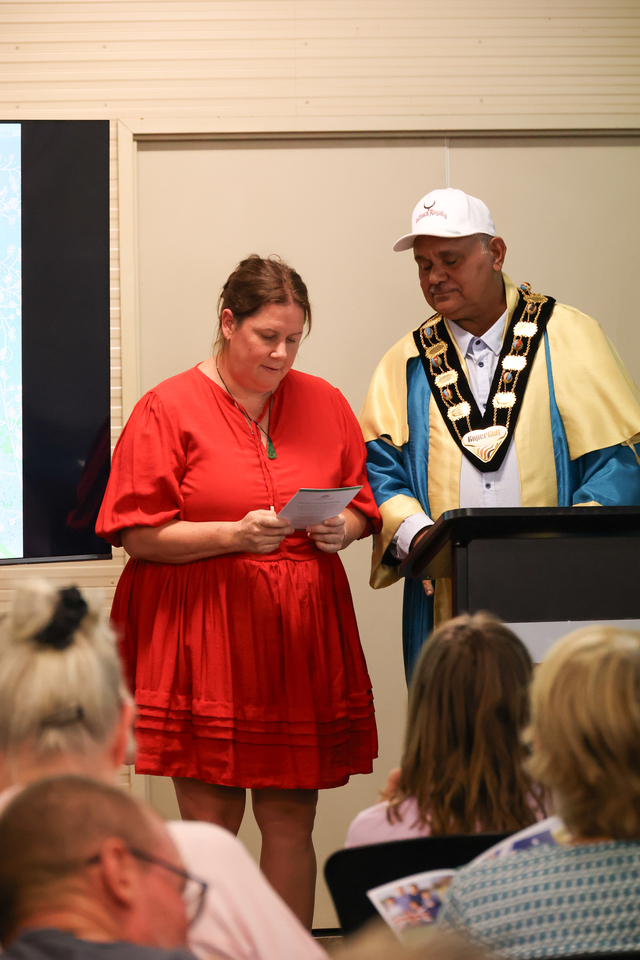In each edition we feature the views of a Local Government Association president. The following is
from Councillor Bill McArthur, President of the Municipal Association of Victoria (MAV).
I’m a committed believer in Local Government developing thriving, resilient and connected communities, and a steadfast supporter of community planning to help achieve these goals.
In recent times there has been a shift in government thinking. The Rudd Government has sent a clear signal it is prepared to invest in real community needs. The Prime Minister’s speech at the Australian Council of Local Government last November contained several references about communities receiving ‘value for money’.
Through the Regional and Local Community Infrastructure Program, for example, the Commonwealth is encouraging Local Government to act as a broker to deliver on local community priorities.
Speed is of the essence here and councils that have embraced community planning processes over recent years are finding they are well placed to fast track outcomes that reflect real community priorities.
Devolved community planning encourages participation and strengthens community sustainability by encouraging involvement in decision making and forming partnerships to achieve common objectives.
The MAV Lighthouse Program began in 2005 to assist councils to build social capital – the attitude, spirit and willingness of people to engage in collective, civic activities through a productive process.
To date, more than 500 ‘place based, bottom up’ community plans have been developed across Victorian communities to document local priorities. A significant proportion of these formally link to the Council Plan and in many cases, a community plan highlighted needs not previously on the council’s agenda.
Recently, new Local Government legislation in New South Wales and Queensland has mandated the development of longterm community plans by councils, linked to longterm financial plans. This is a similar model to the 2002 New Zealand legislation that mandated 10 year Council Community Plans.
There is little doubt that when the global financial crisis subsides, public sector funding will be much harder to secure. Huge debt will need to be repaid and, in this environment, there will be a real search for the most effective and efficient ways to fund community priorities, rather than the more traditional formula based grants.
This brings the role of Local Government into sharp focus. Councils can be strong advocates to support issues of relevance to local communities. Community building is a longterm process that brings about a cultural change in the way communities, governments, service providers and leaders interact to bring about desired and sustainable outcomes.
It is also an effective way to link participatory democracy to representative democracy and budget decisions. The council usually plays a key facilitation role but the outcomes need to be owned by the community.
One model will not fit all, but some desirable community planning characteristics include Local Government involvement; significant ownership by the community; broad participation; community priorities identified democratically; and responsibility for action assigned.
I encourage councils nationally to embrace community planning to help build sustainable communities and to strengthen our collective capacity to partner with other levels of government to more effectively deliver locally identified priorities.







